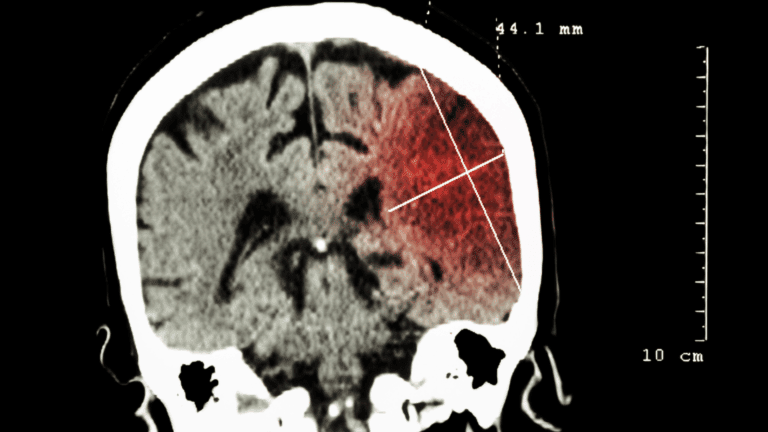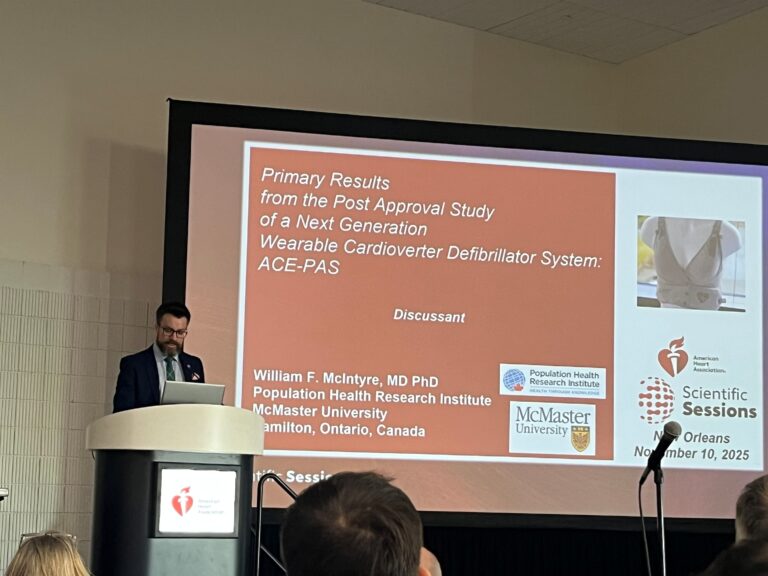“There is a tendency to believe that if you put technology in place, like remote patient monitoring [RPM], it will naturally lead to improvements. That simply isn’t the case,” says PHRI Senior Scientist PJ Devereaux.
He was speaking to Colin Hung, Editor of Healthcare IT Today, this week about the results of PVC-RAM-1 study recently published in The BMJ.
While some outcomes important to patients – such as more detection and correction of medication errors, and reduced postoperative pain – resulted from the use of virtual care with remote patient monitoring technology, outcomes varied depending on the level of care escalation by nurses and doctors working with the patients remotely.
“You need good technology to help identify problems. But if you don’t have a clear path for who is going to address those problems and if you don’t change your management approach – you will not change outcomes,” PJ Devereaux notes.
Watch the interview here (also with co-PI of the study, PHRI Scientist Michael McGillion).
Gritty Nurse podcast brings up same point
Also recently, Mike McGillion was a guest on one of the top 10 nursing podcasts, The Gritty Nurse – where co-hosts Amie Archibald-Varley and Sara Fung asked him “what about the patients, families, and even some healthcare professionals who are uncomfortable using new technologies?”
Mike responded that healthcare IT users need to “focus on people and processes – rather than the technology itself.”
The research team at PHRI are now working on the next phase of PVC-RAM – digging deeper to find out how patients might be helped the most when it comes to virtual care and remote health technologies.



